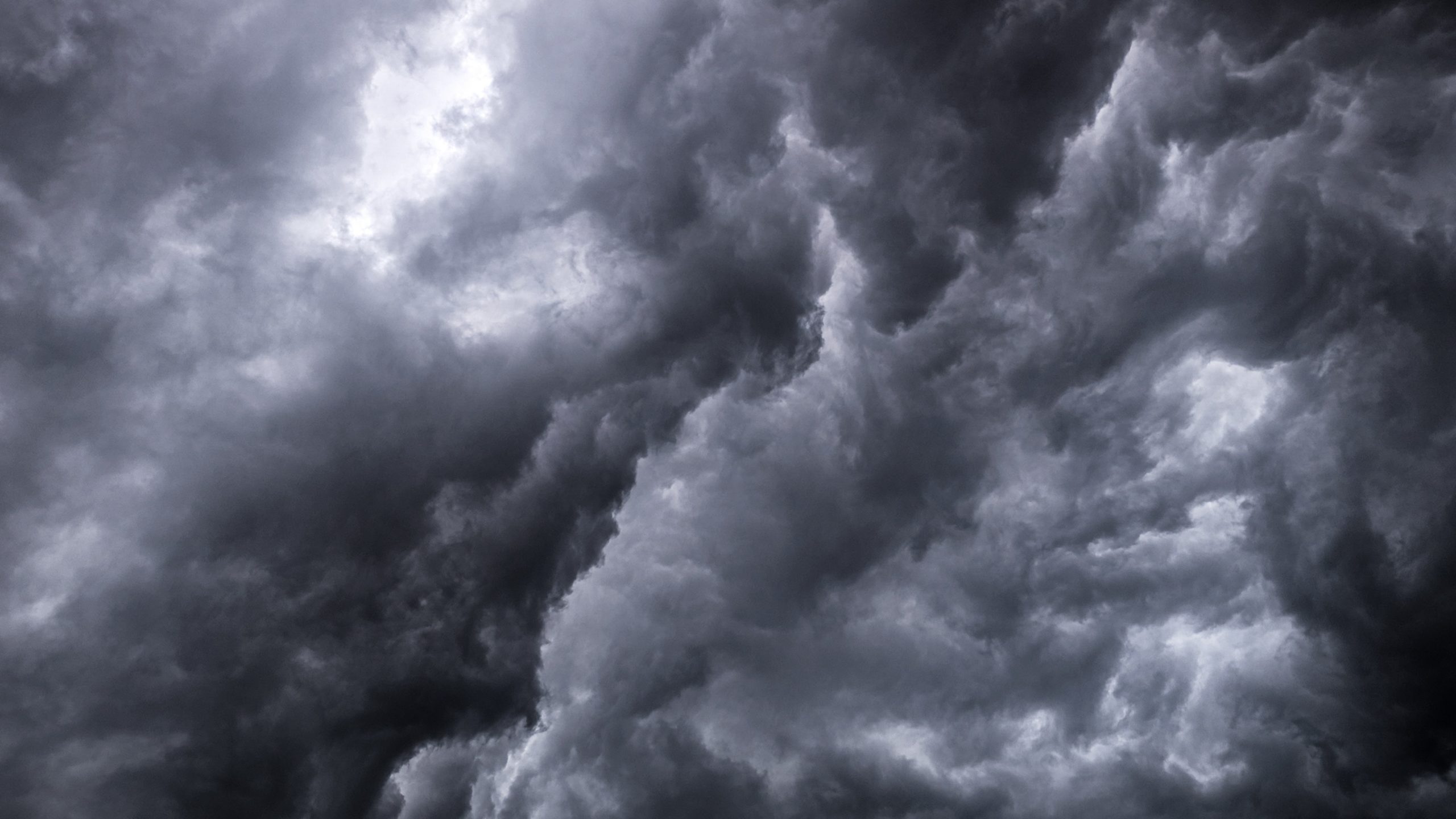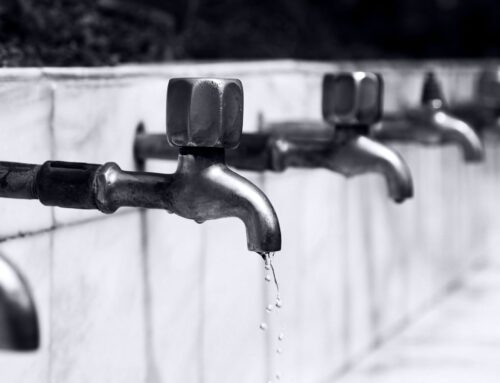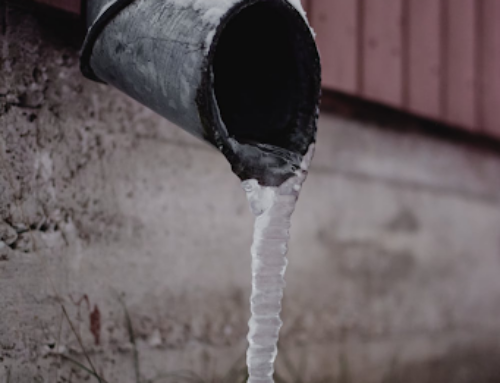With storm season upon us in Middle Tennessee, you may be worried about severe storms and their impact. Besides the old advice about not showering, taking baths, or washing your dishes during a thunderstorm, as lightning can travel through plumbing, severe storms also pose a risk to the effectiveness of your plumbing system. Heavy rain and flooding can cause pipes to crack or break, gutters and drains to clog, and cost you lots of money in the long run. Making sure your plumbing is prepared before a storm can save you a lot of money and hassle.
1. Learn the warning signs of a storm or flash flood.
Tennessee Emergency Management Agency (TEMA) recommends when storm season is around, to pay attention to clouds and if it’s particularly windy or dark outside, as this may indicate an oncoming storm. If you notice this, listen to local news stations in your area for updates, especially in case sheltering or evacuation may be needed.
2. Check that gutters and storm drains are clear before a storm.
Gutters and storm drains outside your home are the first defense in protecting your home from flooding. Leaves and other debris can clog these up, and cause water to come into your home or damage the outside of your home. Before the beginning of storm season, and in between storms, check to make sure your gutters and drains are clear, attached properly, and not rusted. These are fairly easy to clear out and reattach yourself, however; if you notice extensive damage or rusting, our professional plumbing experts are available to check or replace your gutters.
3. Check your sump pump to make sure it is working properly.
If you live in an area with a high chance of flooding, you may have a sump pump in your home. This takes the excess water from your drains and quickly pumps it away from your home. If your sump pump isn’t working properly before a storm, it leaves your home more vulnerable to flooding, which costs a lot more to deal with after the fact, as opposed to fixing or replacing your sump pump before the storm. TEMA also recommends considering a battery-powered sump pump if you live in an area prone to flooding.
4. Check your septic system or sewage drains.
If you have a septic system, make sure it is not clogged or backed up. Heavy rains can overflow septic systems, and be expensive to fix after a storm. It may be a good idea to schedule an inspection of your septic tank before storm season begins. If you are on a city sewer system, check that no major blockages are covering your sewer drains before a storm.
5. Find your main water valve, and know how to turn it off in case of flooding.
Turning off your main water valve can keep any extra water from coming into your home during severe weather when flooding is a possibility. You won’t want to struggle with it under the stress of heavy rain or flooding.
After a severe storm, if you notice damage or issues with your plumbing, contact us at Jack Ward & Sons to schedule emergency plumbing services.






Leave A Comment